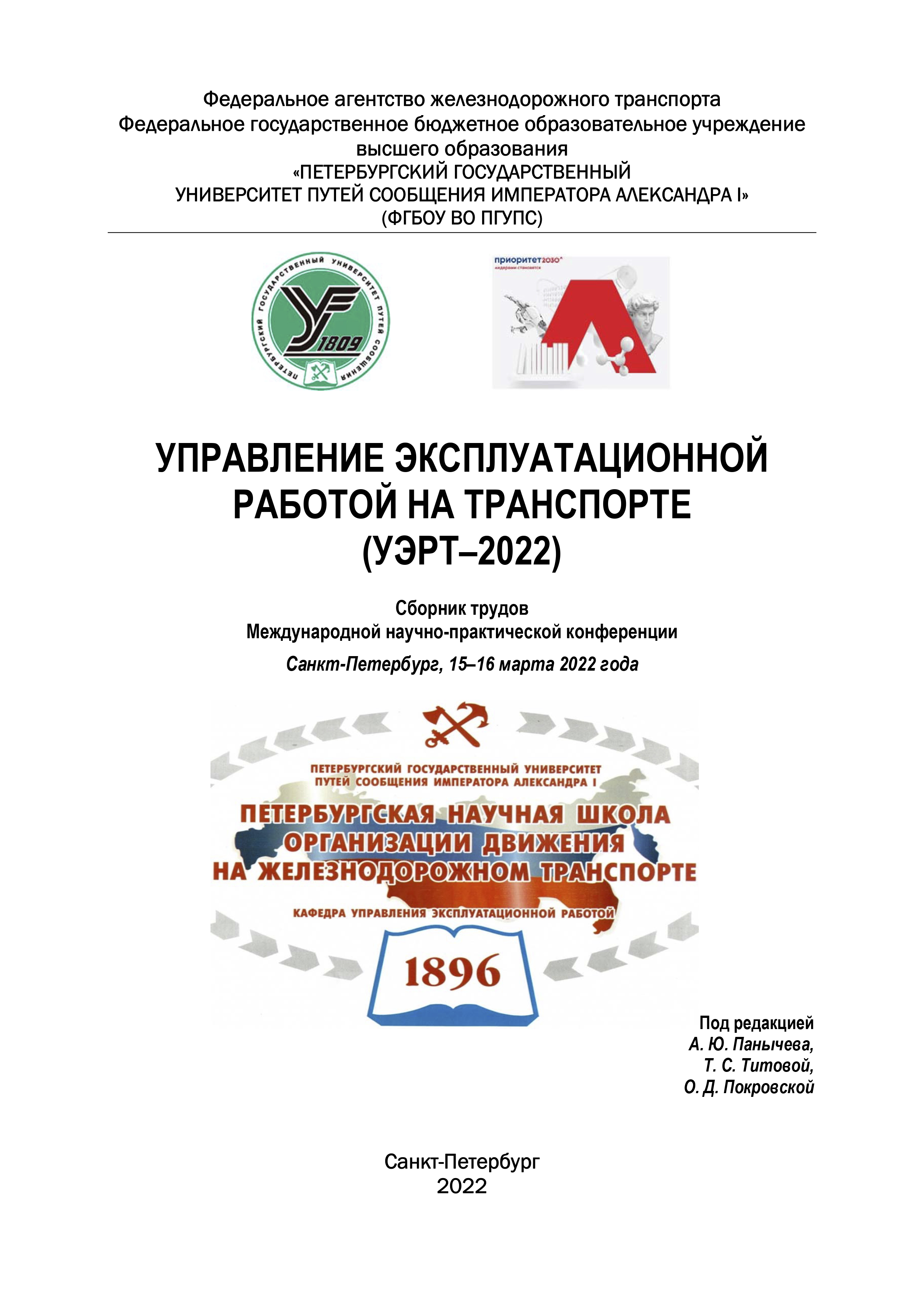The paper examines the role of the oldest transport and engineering and construction university in Russia in the training of highly qualified personnel, well-trained managers for the transport sector. At the first stage of its development (1809-1865), the Institute of the Corps of Railway Engineers was a military educational institution, thanks to the intensive work of which it was possible to staff the Corps of Railway Engineers, a military structure that ensured a significant development of the transport infrastructure of Russia. At the second stage (1865-1917), the St. Petersburg Institute of Railway Engineers provided managerial personnel to both state and private railways. Railway engineers, possessing diverse competencies, focused on the construction of railways and the rational organization of the process of their operation. Within the framework of the third, Soviet (1917-1991) Institute, since 1930 called the Leningrad Institute of Railway Transport Engineers, to a large extent ensured the high efficiency of the work of Soviet railway transport both in peaceful conditions and during the Great Patriotic War of 1941-1945, which was marked by a high award of that time - the Order of Lenin. And at the modern, fourth stage (1992-2022), the Faculty of Management and Logistics is rightfully considered the forge of the managerial elite.
transport industry, railways, railway engineers, transport intelligentsia, managerial elite, transport education
1. Vypuskniki PGUPS na sluzhbe Rossii. Uchebnoe posobie. Spb.: FGBOU VPO PGUPS, 2015. 72 s.
2. Kiselev I.P., Panychev A.Yu., Fortunatov V.V. Obschepoleznoe dlya Rossii uchrezhdenie: 100 faktov iz istorii Peterburgskogo gosudarstvennogo universiteta putey soobscheniya Imperatora Aleksandra I. Uchebnoe posobie. 4-e izdanie, pererabotannoe i dopolnennoe. Spb.: PGUPS, 2019. 288 s.
3. Kiselev I.P., Panychev A.Yu., Fortunatov V.V. Magistral'yu Pobedy. Leningradskiy institut inzhenerov zheleznodorozhnogo transporta v Velikoy Otechestvennoy Voyne 1941 - 1945 godov: uchebnoe posobie. - SPb: PGUPS, 2020. - 160 s.
4. Kiselev I.P., Panychev A.Yu., Fortunatov V.V. Inzhenernoe nasledie Betankura v Rossii. SPb., 2021. 190 s.





